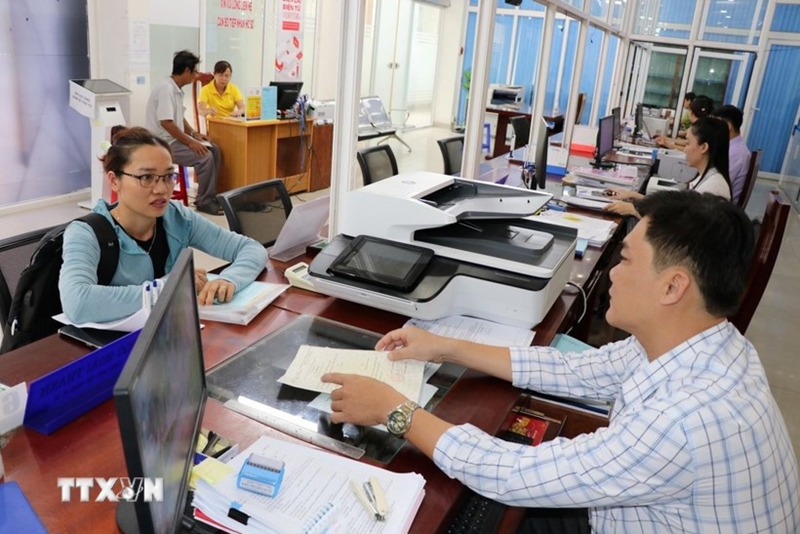Speaking to a Vietnam News Agency correspondent in Singapore, the researcher emphasized that Vietnam is in a favorable position, as it can learn from the development experiences of other countries in the region.
Prof. Singh held that to some extent, Vietnam’s reforms, including those at the two levels of government, are not entirely new. Singapore has successfully implemented them, and countries such as Malaysia, Thailand, and Indonesia have also done so.
    |
 |
|
Administrative procedure processing at the Public Service Center of Tra Vinh commune, Vinh Long province |
Therefore, one of the essential steps for Vietnam is to learn from the experiences of its neighboring countries - avoiding past mistakes, addressing shortcomings, and embracing the positive elements to move forward, he said.
Prof. Singh observed that there are several challenges Vietnam will face in the implementation of its policies. Domestically, Vietnam must ensure income distribution is equitable, minimize discrimination, and maintain national unity.
Regionally, Vietnam must keep pace and compete effectively in the increasingly competitive global landscape. Given the importance of its geopolitical and geo-economic position, Vietnam needs to enhance its global competitiveness while managing its relations with major powers. In an environment of rising competition, for continued success, Vietnam must maintain political stability, a solid economic foundation, high competitiveness, an upgraded education system, a young and diligent workforce, and a legal framework aligned with international standards.
To achieve these objectives, Prof. Singh stated that Vietnam requires capable, fair, and impartial leaders who enjoy the support of the people. The key, he stressed, is that both the leadership and the people must understand why reforms are necessary and pursue these goals with strong political will, ensuring that reforms are not in vain.
Source: VNA